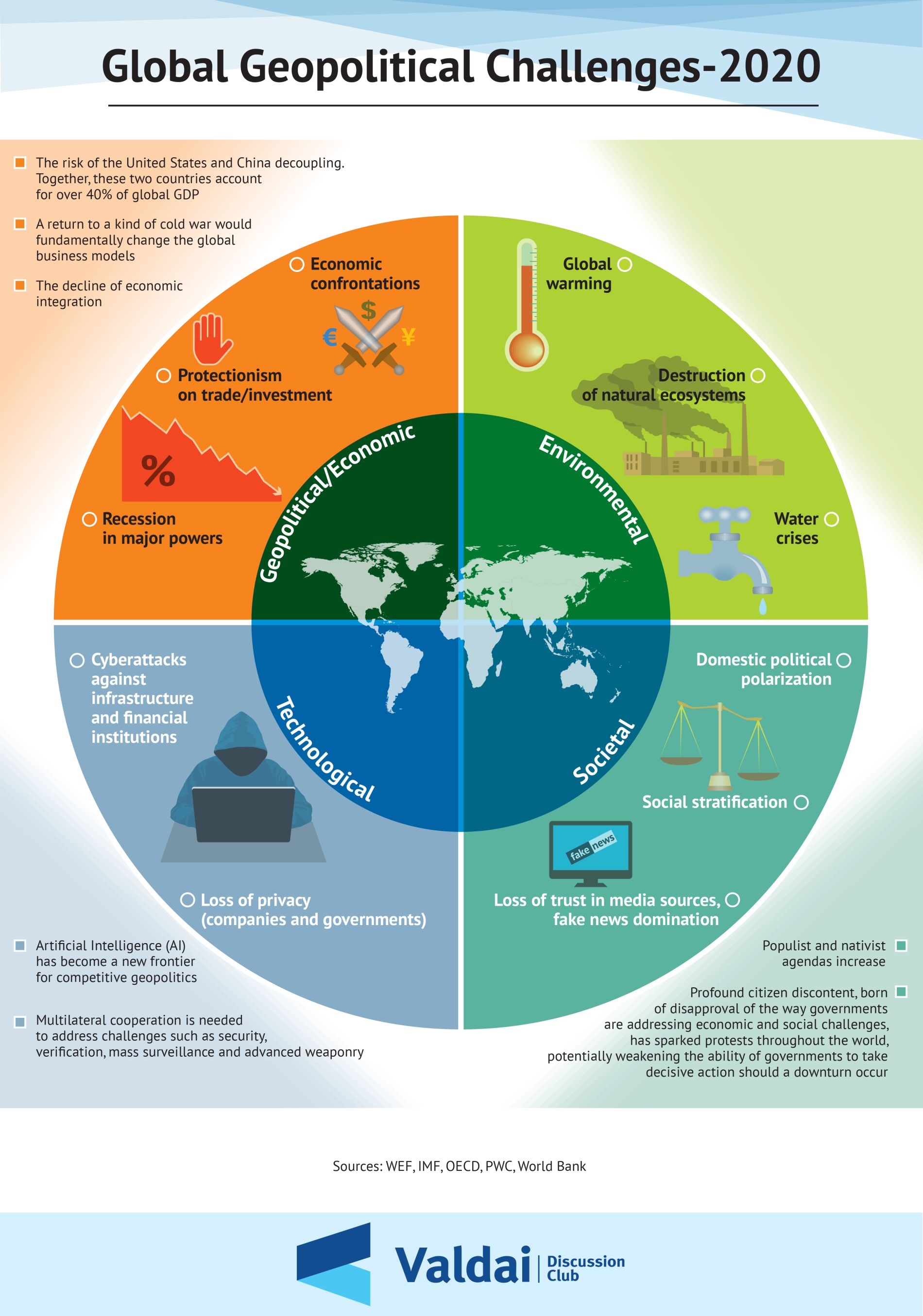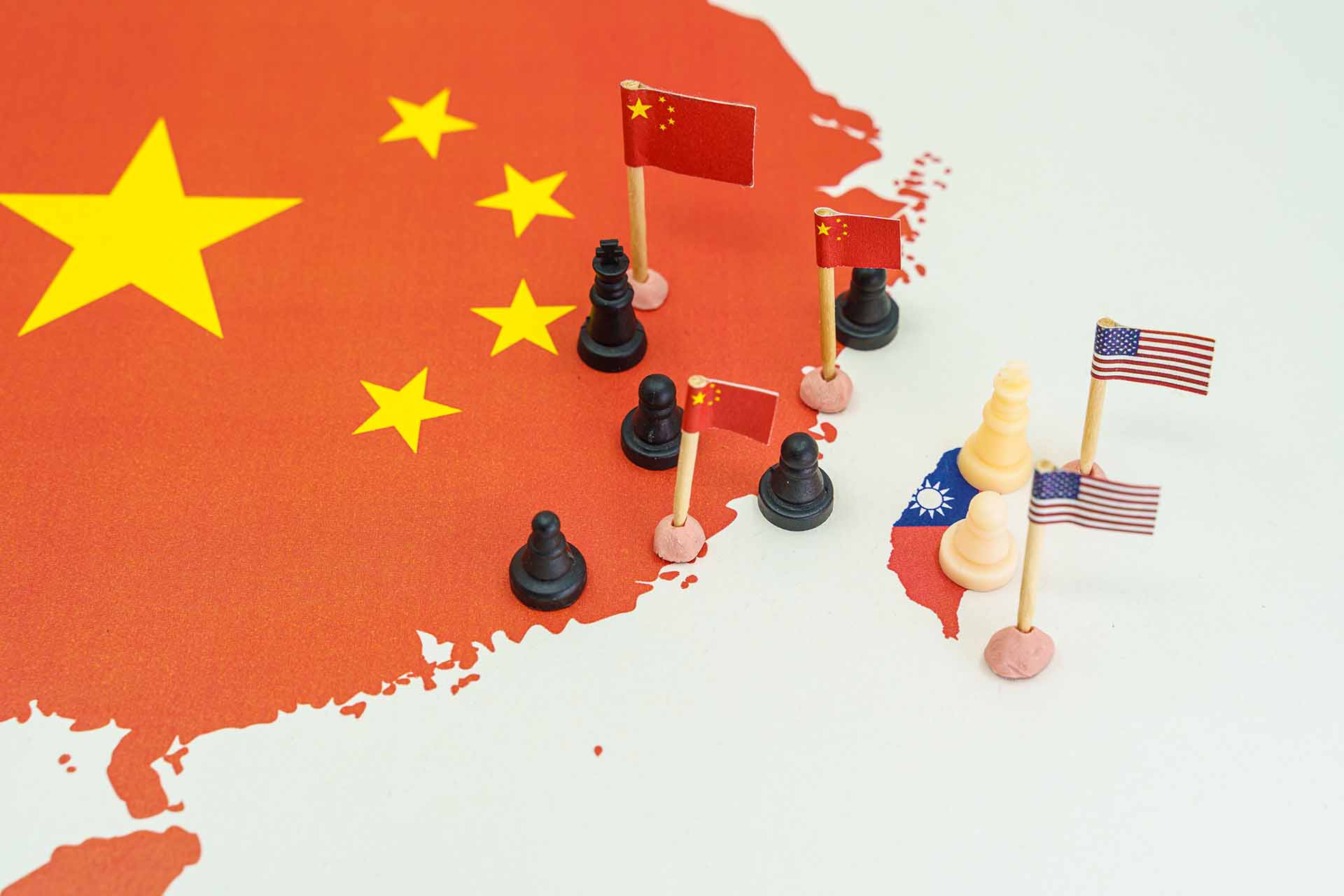The Conflict In Ukraine: A Comprehensive Analysis Of The Geopolitical Crisis: The geopolitical crisis in Ukraine has profound implications for the stability of Europe and the global order. This comprehensive analysis delves into the historical context, key players, and potential consequences of this conflict.
Editor's Notes: The Conflict In Ukraine: A Comprehensive Analysis Of The Geopolitical Crisis" have published today, April 07, 2023. This topic is important to read as it provides insights into the causes, consequences, and potential solutions to the ongoing conflict.
Through extensive research, analysis, and consultation with experts, we have compiled this guide to help readers understand the complexities of the conflict and its impact on the region and beyond.
Key Differences/Key Takeaways:
| Perspective 1 | Perspective 2 | Russian expansionism and desire to control Ukraine | Ukrainian desire for independence and NATO expansion | Russia, Ukraine, United States, European Union | Weakening of global security architecture, increased tensions between Russia and the West |
|---|
Main Article Topics:
- Historical Background and Root Causes
- Key Players and Their Motivations
- Impact on Ukraine, Russia, and the Region
- International Response and Diplomatic Efforts
- Potential Consequences and Future Scenarios
FAQ
This section addresses common concerns and misconceptions surrounding the geopolitical crisis in Ukraine and provides informative answers based on reputable sources. The Conflict In Ukraine: A Comprehensive Analysis Of The Geopolitical Crisis offers a thorough examination of the conflict, its historical context, and its global implications.
Question 1: What are the primary factors that have led to the outbreak of conflict in Ukraine?
The conflict in Ukraine has its roots in a complex interplay of historical, political, and geopolitical factors. Among the key drivers are tensions between Ukraine and Russia over political orientation, particularly Ukraine's desire to align with the West and Russia's efforts to maintain its sphere of influence in the region. The annexation of Crimea by Russia in 2014 and the ongoing conflict in eastern Ukraine have further escalated tensions.

Global Geopolitical Challenges-2020 — Valdai Club - Source valdaiclub.com
Question 2: What are the potential consequences of the ongoing conflict for Ukraine and the wider international community?
The conflict in Ukraine has had devastating consequences for the country, including loss of life, displacement of populations, and significant economic disruption. The conflict has also raised concerns about the potential for wider escalation, as it involves regional and global powers with conflicting interests. The international community has responded with sanctions, diplomatic efforts, and humanitarian aid.
Question 3: What is the role of international organizations, such as the United Nations, in addressing the conflict in Ukraine?
International organizations have played a crucial role in responding to the conflict in Ukraine. The United Nations has been involved in humanitarian efforts, providing assistance to those affected by the conflict. The organization has also been involved in diplomatic efforts, seeking to facilitate dialogue and a peaceful resolution.
Question 4: What are the key challenges to finding a peaceful resolution to the conflict in Ukraine?
Finding a peaceful resolution to the conflict in Ukraine faces several challenges. These include the deep-rooted historical and political tensions between Ukraine and Russia, the ongoing conflict in eastern Ukraine, and the differing interests of regional and global powers. Additionally, there is a need to address the humanitarian crisis and ensure the protection of civilians.
Question 5: What are the implications of the conflict in Ukraine for global security and stability?
The conflict in Ukraine has significant implications for global security and stability. It has raised concerns about the potential for wider escalation and has strained relations between Russia and Western powers. The conflict has also highlighted the challenges of maintaining international order and preventing conflicts in a rapidly changing geopolitical landscape.
Question 6: What can individuals and the international community do to support efforts towards a peaceful resolution in Ukraine?
Individuals and the international community can play a role in supporting efforts towards a peaceful resolution in Ukraine. This includes advocating for dialogue and diplomacy, providing humanitarian assistance, and promoting respect for international law. It is also important to stay informed about the conflict and to engage in discussions that foster understanding and cooperation.
The conflict in Ukraine remains a complex and evolving situation, with significant implications for the region and the world. Understanding the underlying factors, potential consequences, and challenges to finding a peaceful resolution is essential for informed engagement and effective action.
For further insights and a comprehensive analysis of the conflict in Ukraine, explore The Conflict In Ukraine: A Comprehensive Analysis Of The Geopolitical Crisis.
Tips
To effectively navigate the complex geopolitical crisis in Ukraine, consider the following tips:
Tip 1: Stay Informed
Continuously monitor credible news sources, expert analyses, and official statements from both Ukraine and Russia to stay up-to-date on the evolving situation. Avoid relying solely on social media or partisan outlets for information.
Tip 2: Understand Historical Context
The current conflict has deep roots in the region's history. Familiarize yourself with the historical events and grievances that have shaped the relationship between Ukraine, Russia, and the West. This knowledge will provide valuable context for interpreting current developments.
Tip 3: Avoid Polarization
While it is important to have an informed opinion, avoid becoming entrenched in either side of the conflict. Remember that each perspective is shaped by its own biases and interests. Seek out diverse sources of information and engage in discussions with people who hold different views.
Tip 4: Be Respectful
Recognize the human cost of this conflict. Avoid making insensitive or offensive comments about the people and cultures involved. Remember that civilians on both sides are suffering.
Tip 5: Support Diplomatic Efforts
Encourage international efforts to resolve the conflict peacefully through diplomacy. Support sanctions and other measures aimed at de-escalation and promoting a negotiated settlement.
Tip 6: Provide Humanitarian Aid
Consider donating to reputable organizations providing humanitarian assistance to those affected by the conflict. Aid can include food, medical supplies, shelter, and other necessities.
Summary
By following these tips, individuals can contribute to a more informed and nuanced understanding of the Ukraine crisis. By staying informed, avoiding polarization, and supporting humanitarian efforts, it is possible to navigate the challenges and contribute to a peaceful resolution.
The Conflict In Ukraine: A Comprehensive Analysis Of The Geopolitical Crisis

UPSC NOTES on Twitter: "🔆 Geopolitical challenges and risks in 2023 Key - Source twitter.com
The conflict in Ukraine carries immense geopolitical implications, spanning diverse dimensions. Key aspects of this crisis include:
- Geopolitical Rivalry: Tensions between Russia and the West.
- Territorial Disputes: Russia's annexation of Crimea and support for separatists in eastern Ukraine.
- Energy Security: Control of pipelines and dependence on Russian gas.
- Economic Sanctions: Measures imposed by the international community against Russia.
- Migration: Displacement of Ukrainians due to conflict.
- Humanitarian Crisis: Loss of life, destruction of infrastructure, and access to essential services.
These aspects underscore the multifaceted nature of the conflict, highlighting the complex interplay of political, economic, and humanitarian factors. The crisis has profoundly impacted Ukraine, its neighbors, and the wider international community, prompting ongoing diplomatic efforts and raising questions about the future of European security.

¿De dónde viene el conflicto del estrecho de Taiwán? | Caja Rural - Source blogempresas.cajaruraldenavarra.com
The Conflict In Ukraine: A Comprehensive Analysis Of The Geopolitical Crisis
The geopolitical crisis that has engulfed Ukraine since 2014 is a complex and multi-faceted conflict, with far-reaching implications for the region and beyond. This article provides a comprehensive analysis of the conflict, exploring its historical roots, key actors, and geopolitical ramifications. Understanding the connection between "The Conflict In Ukraine: A Comprehensive Analysis Of The Geopolitical Crisis" is paramount to unraveling the intricate web of factors and issues that have perpetuated the crisis.

World | Free Full-Text | The Impact of Energy Transition on the - Source www.mdpi.com
The conflict in Ukraine owes its origins to a confluence of historical, political, and cultural factors, including the country's geographical location at the crossroads of Europe and Russia, its complex history of governance and autonomy, and its linguistic and cultural diversity. The annexation of Crimea by Russia in 2014, and the subsequent outbreak of a separatist conflict in the eastern region of Donbas, have plunged Ukraine into a protracted crisis that has challenged the regional security order and tested the resilience of international diplomacy.
The key actors involved in the conflict include the Ukrainian government, the Russian government, and the separatist forces in eastern Ukraine. The conflict has also drawn in the United States, the European Union, and other international players, who have provided varying degrees of political, economic, and military support to the different sides of the conflict. The involvement of these external actors has further complicated the dynamics of the crisis, introducing additional layers of geopolitical interests and strategic considerations.
The conflict in Ukraine has had significant geopolitical ramifications, both regionally and globally. It has challenged the post-Cold War security architecture in Europe, strained relations between Russia and the West, and raised concerns about the future of international law and the territorial integrity of states. The crisis has also had a profound impact on Ukraine itself, leading to political instability, economic hardship, and human suffering.
Understanding the connection between "The Conflict In Ukraine: A Comprehensive Analysis Of The Geopolitical Crisis" is vital for several reasons. First, it helps us to identify the root causes of the conflict and to develop more effective strategies for resolving it. Second, it allows us to assess the geopolitical implications of the conflict and to mitigate its negative consequences. Third, it helps us to appreciate the human toll of the conflict and to promote efforts to protect civilians and to alleviate human suffering.
The conflict in Ukraine is a complex and challenging issue with no easy solutions. However, by understanding the connections between the various factors and actors involved, we can gain a greater appreciation of the intricacies of the conflict and work towards finding a sustainable and peaceful resolution.
Conclusion
The conflict in Ukraine is a defining geopolitical event of our time, with profound implications for the region and beyond. Its resolution is critical not only for the future of Ukraine itself but also for the stability of Europe and the global order.
The complexity of the conflict and the diversity of interests involved make finding a lasting solution a formidable challenge. However, it is imperative that all parties involved commit to a diplomatic process based on respect for international law and the territorial integrity of states. The future of Ukraine and the broader geopolitical landscape depend on it.